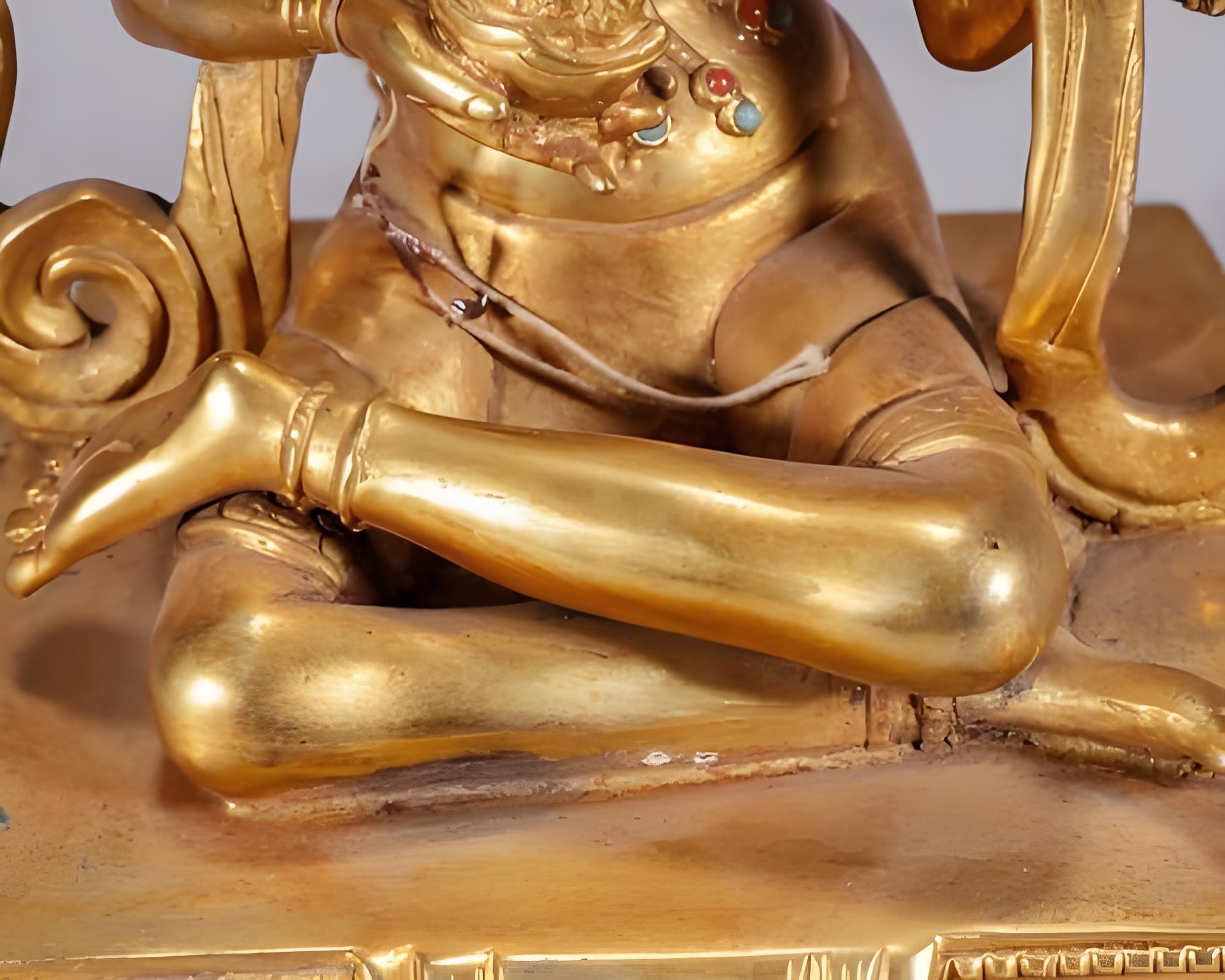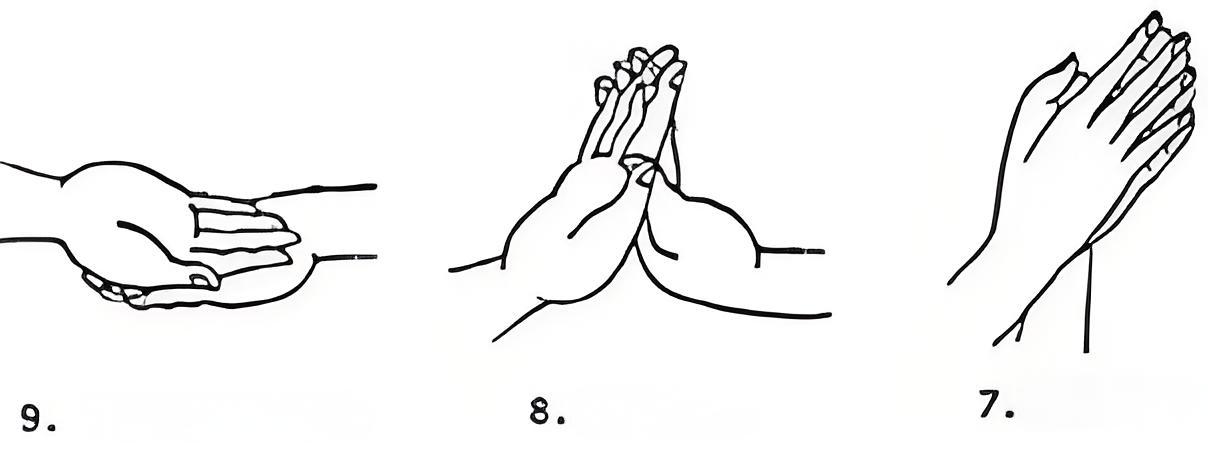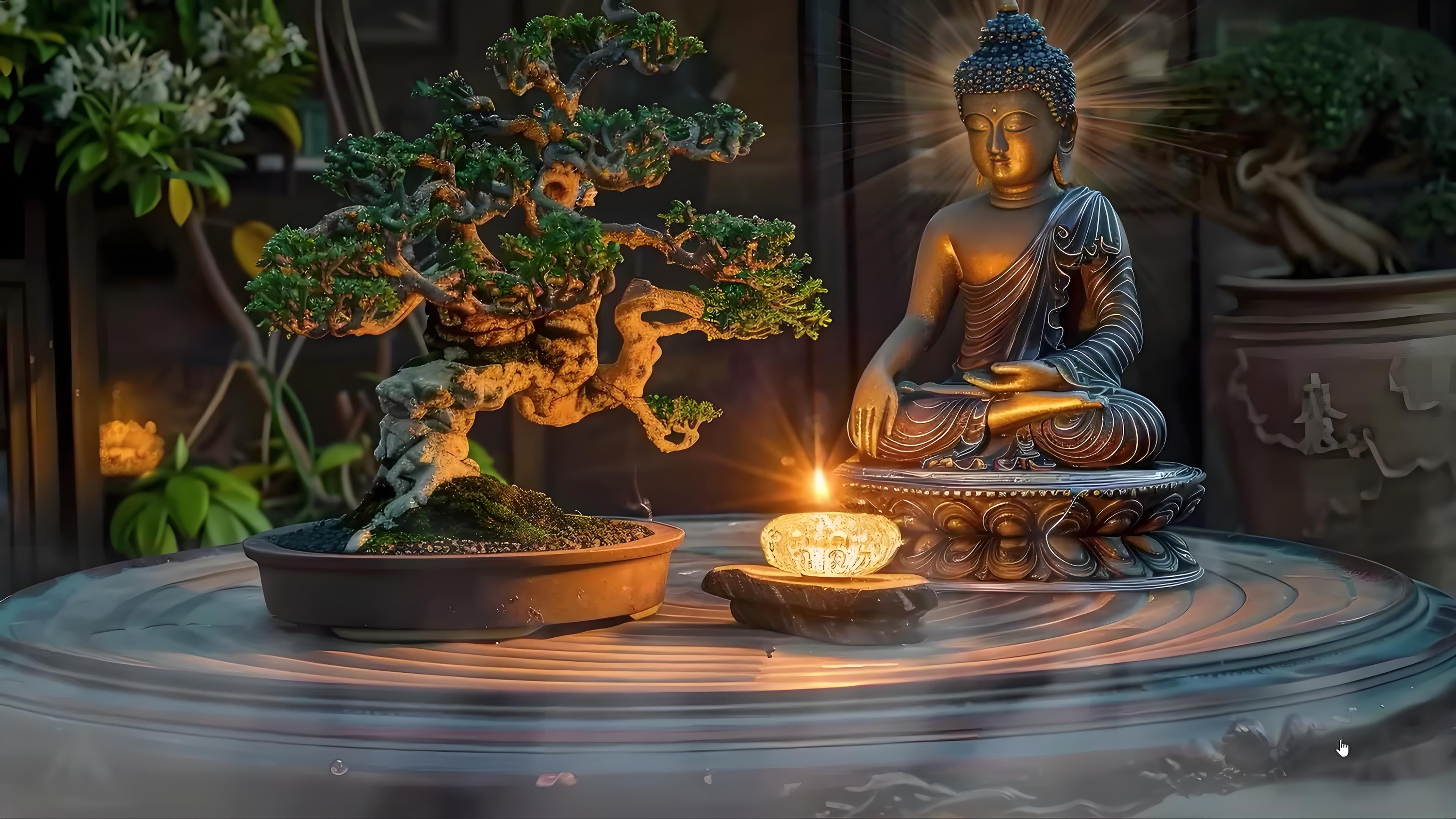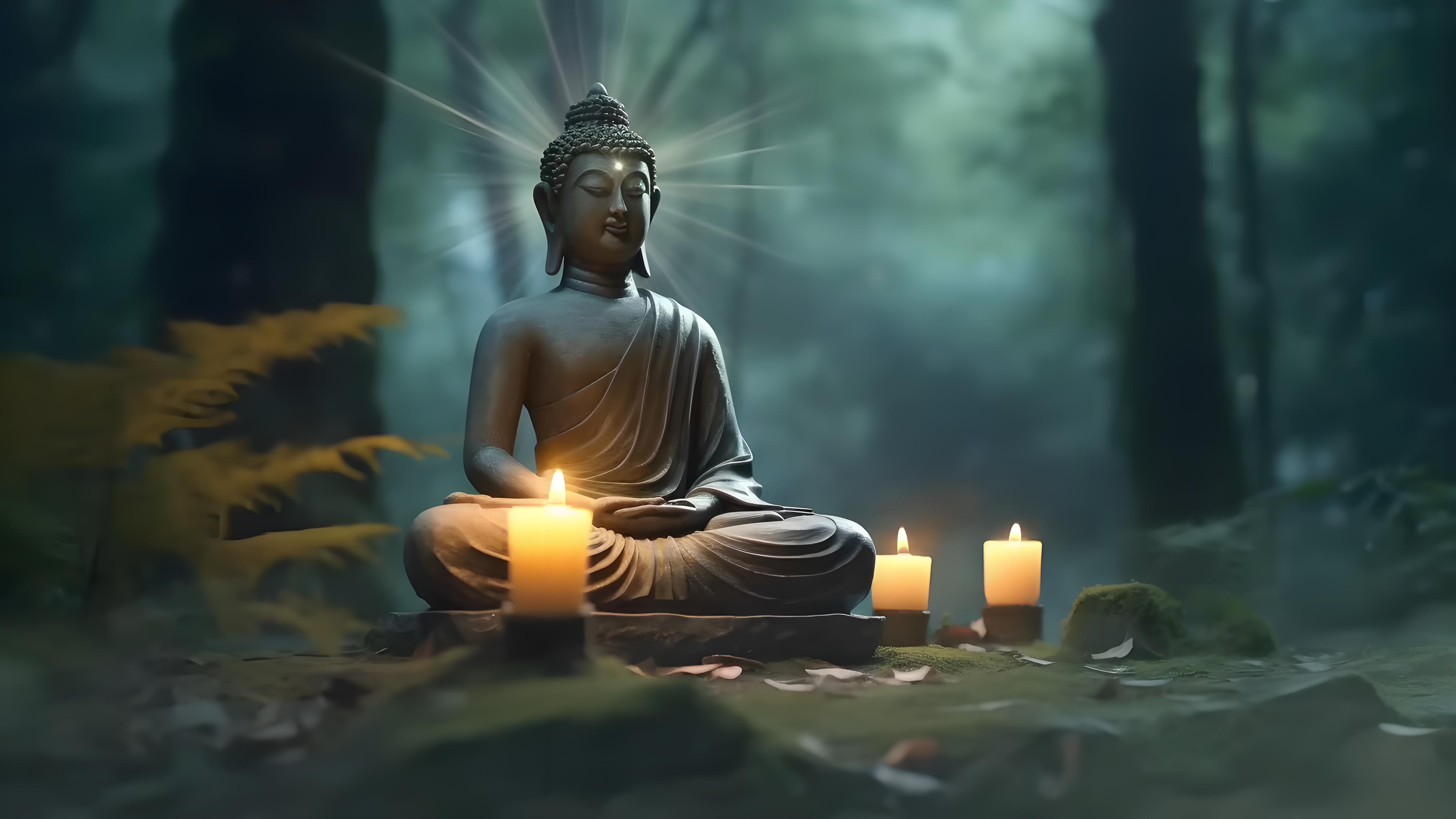type
status
date
slug
summary
tags
category
icon
password
AI summary

Many people say they are drawn to Buddhism, but feel it is too distant from their everyday lives. They long to practice, but their busy routines leave them no time. What they don’t realize is that Buddhism is actually very close to us. To make it easier for people to approach the teachings and hear the wisdom of the masters, "Wànwù Sānqiān" has launched a new column: Three Thousand Words of Wisdom—Master Answers Your Questions. Each piece of advice is priceless, opening the gateway to life’s wisdom and lighting the path of our journey.
Many people often claim their destiny is ill-fated, that nothing they do ever goes right, and that they are resigned to their fate in this life. So, is it possible to change one's destiny?
.webp?table=block&id=146b5dc8-d074-80d4-a66f-de6472036e3e&t=146b5dc8-d074-80d4-a66f-de6472036e3e&width=640&cache=v2)
The answer is a resounding yes. First, one must have a strong and sincere desire (wish) to change their fate. Then, by engaging in practices such as learning Buddhism, releasing life, making offerings to monks, building temples, and other acts of merit, it is entirely possible to alter one’s destiny.
How can we know these actions will change our fate?
There are many things in this world that we can’t fully comprehend. Take, for example, a person sleeping soundly by the roadside when suddenly a venomous snake slithers toward them. Just then, another person happens by and drives the snake away with a stick. The sleeper remains unaware, continuing to dream, and when they wake, they have no idea of the danger that passed them by.
The same principle applies to acts of goodness, such as chanting the Buddha’s name, releasing life, and other virtuous deeds. Though we may not immediately perceive their impact, these actions quietly remove obstacles, dissolve karma, and bring about many miraculous results. This is what we mean by transforming one's destiny.

Similarly, imagine a blind person walking in the middle of the road, and another person rushes to guide them back to the safety of the path. The blind person, however, never knows who guided them.
Now, look carefully at those around you. Some face adversity and may harbor feelings of hatred, even contemplating harm to others or thoughts of suicide. Yet, through taking refuge in Buddhism and, above all, through the study of its teachings, they realize these thoughts are wrong and must be abandoned. Thus, they overcome the desire to harm or end their lives. This too is a change in destiny.
Though we may not see or feel these changes directly, they are quietly altering our fate. In the past, I believed that changing my destiny meant achieving happiness, material wealth, social status, and endless pleasures. I now realize how narrow-minded that view was.
If destiny cannot be changed, then there would be no such thing as cause and effect.
In Chinese Buddhist tradition, we often hear the story of the "Little Monk Saving an Ant." A young monk, whose life was supposed to end in seven days, returned home and saved over a hundred ants from drowning. As a result, his life was extended, and he lived to ninety-six.
There’s also the story of the "Traveler Saving an Ant." During the Three Kingdoms period, a man named Dong Zhaozhi from the Wu Kingdom was traveling by boat when he saw a large red ant about to drown. Though others scolded him for saving the poisonous ant, he responded, "No, it too is a life," and he rescued it.

Later, the ant appeared to him in a dream, saying, "When you face danger, I will repay your kindness." Soon after, Dong Zhaozhi was falsely accused and imprisoned, facing execution. Remembering the ant’s promise, he addressed the ants on the ground, "Please tell your queen that I am about to be executed." Moments later, millions of ants arrived, biting through his handcuffs and breaking open the prison, enabling his escape.
In the biography of Shakyamuni Buddha, many stories tell of how individuals changed their destinies through virtuous deeds. These ancient tales may seem far removed from us.
But in modern times too, people have changed their destinies by learning Buddhism. Today, we are not here just to recount stories, but to reflect on our lives and our values.
The key lies in our intention. Truly saving a life with a compassionate heart holds far more meaning than performing superficial acts of merit driven by selfish desires.
Loading...






